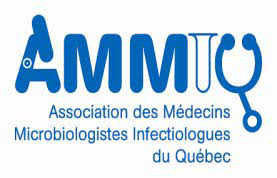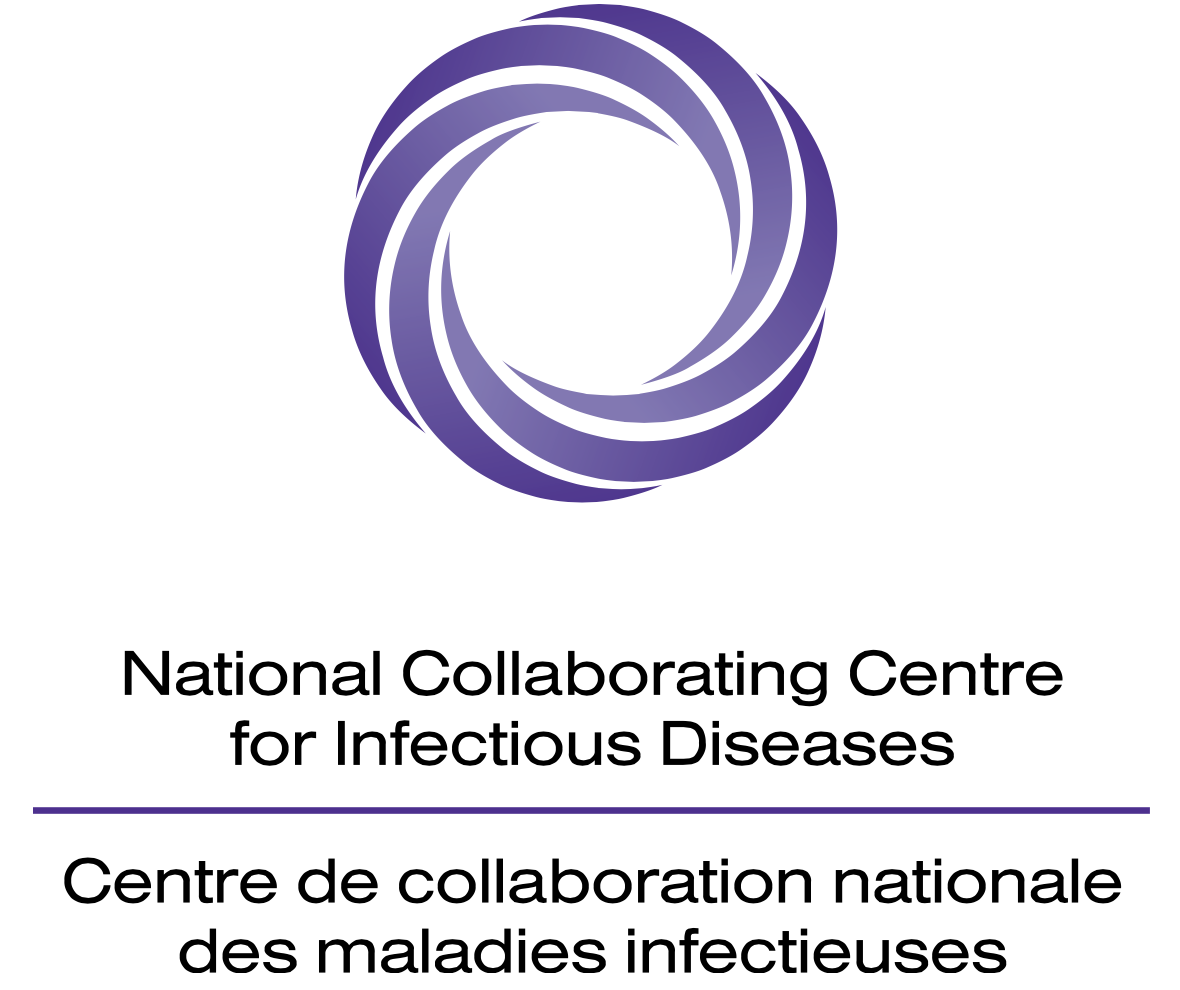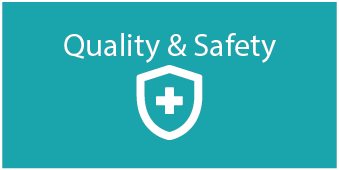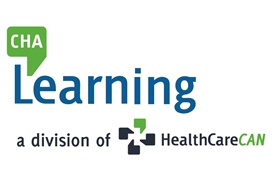This website uses cookies so that we can provide you with the best user experience possible. Cookie information is stored in your browser and performs functions such as recognising you when you return to our website and helping our team to understand which sections of the website you find most interesting and useful.
NOTE: This is an archived page and is no longer being updated. For up-to-date information on our work, please use the main navigation menu, or click here
Leading Practices in Antimicrobial Resistance
Antimicrobial resistance is a serious global problem. New forms of resistance are continuously emerging and spreading. The World Health Organization recently warned that, without urgent, coordinated action, “a post-antibiotic era – in which common infections and minor injuries can kill – is a very real possibility for the 21st century.” Promoting prudent antibiotic use in Canadian hospitals and healthcare organizations (e.g., the right drug, at the right dose, frequency and duration) – in conjunction with effective infection prevention and control measures – is essential to addressing antibiotic resistance.
Significant work remains to be done in healthcare institutional and clinical communities to increase awareness, improve antimicrobial stewardship, and achieve consensus around clinical practice guidelines.
Click the button below to learn how we’re engaging the federal government in developing a National Action Plan for Antimicrobial Stewardship
Members leading the charge against antimicrobial resistance
Antimicrobial button LIBU's efficiency confirmed in deactivating the influenza virus
September 29, 2021
Don Lindsay: Copper's unusual antimicrobial property gives it a part to play in the battle against COVID-19
July 26, 2020
Related CHA Learning Programs
CHA Learning’s Integrated Quality Management program, developed in consultation with national stakeholders and endorsed by Accreditation Canada, incorporates the expertise of Canadian leaders in quality improvement, patient safety, risk management, patient experience and performance measurement.
.
Are you from a member organization and would like to discuss developing a program or course that meets your organization’s specific needs? CHA Learning would like to hear from you, contact us at info@chalearning.ca
Additional Resources
Below you will find resources from HealthcareCAN member organizations and beyond to assist you with implementing Leading Practices in AMS in your organization

In early 2009, Mount Sinai Hospital established an ASP, and later that year University Health Network also established an ASP, with separate human resources, financial structure, and accountability. MSH and UHN ASPs became a joint program, and is a functionally integrated team currently named Sinai Health System–University Health Network Antimicrobial Stewardship Program (SHS-UHN ASP).
Vision: Getting patients the right antibiotics when they need them.
Mission: To use a collaborative and evidence-informed approach to optimize antimicrobial use, and pursue the best possible clinical outcomes for our patients.

Choosing Wisely Canada is the national voice for reducing unnecessary tests and treatments in health care.
Choosing Wisely Canada launched on April 2, 2014, and is organized by a small team from the University of Toronto, Canadian Medical Association and St. Michael’s Hospital (Toronto).
Choosing Wisely Canada inspires and engages health care professionals to take leadership in reducing unnecessary tests, treatments and procedures, and enables them with simple tools and resources that make it easier to choose wisely.

L’Association des médecins microbiologistes-infectiologues du Québec regroupent plus de 215 médecins spécialistes repartis au sein de la province et représentés à la Fédération des médecins spécialistes du Québec.

Do Bugs Need Drugs? (DBND) is a community education program about handwashing and responsible use of antibiotics. Materials are available for healthcare professionals and the public that explain why antibiotic resistance is an issue and steps to prevent antibiotic resistance from developing. Handwashing education is a key component of Do Bugs Need Drugs? materials because handwashing prevents infections and the need for treatment.

At the National Collaborating Centre for Infectious Diseases, we specialize in forging connections between those who generate and those who use infectious disease public health knowledge. Working across disciplines, sectors and jurisdictions, NCCID is uniquely situated to facilitate the creation and operation of networks and partnerships. From policy to practice, we’re able to build bridges between those with infectious disease questions, those with answers, and those in a position to act on the evidence.
Our host organization is the University of Manitoba.
Related Reading
Antimicrobial Resistance; A Serious Public Health and Patient Safety Issue
Canadian Patient Safety Institute Submission to the House of Commons Standing Committee on Health | May 15, 2017
Putting the Pieces Together: A National Action Plan on Antimicrobial Stewardship
HealthCareCAN and the National Collaborating Centre for Infectious Diseases | November 15, 2016
It’s time for Trudeau to join the battle against ‘superbugs’
The Ottawa Citizen | September 20, 2016



